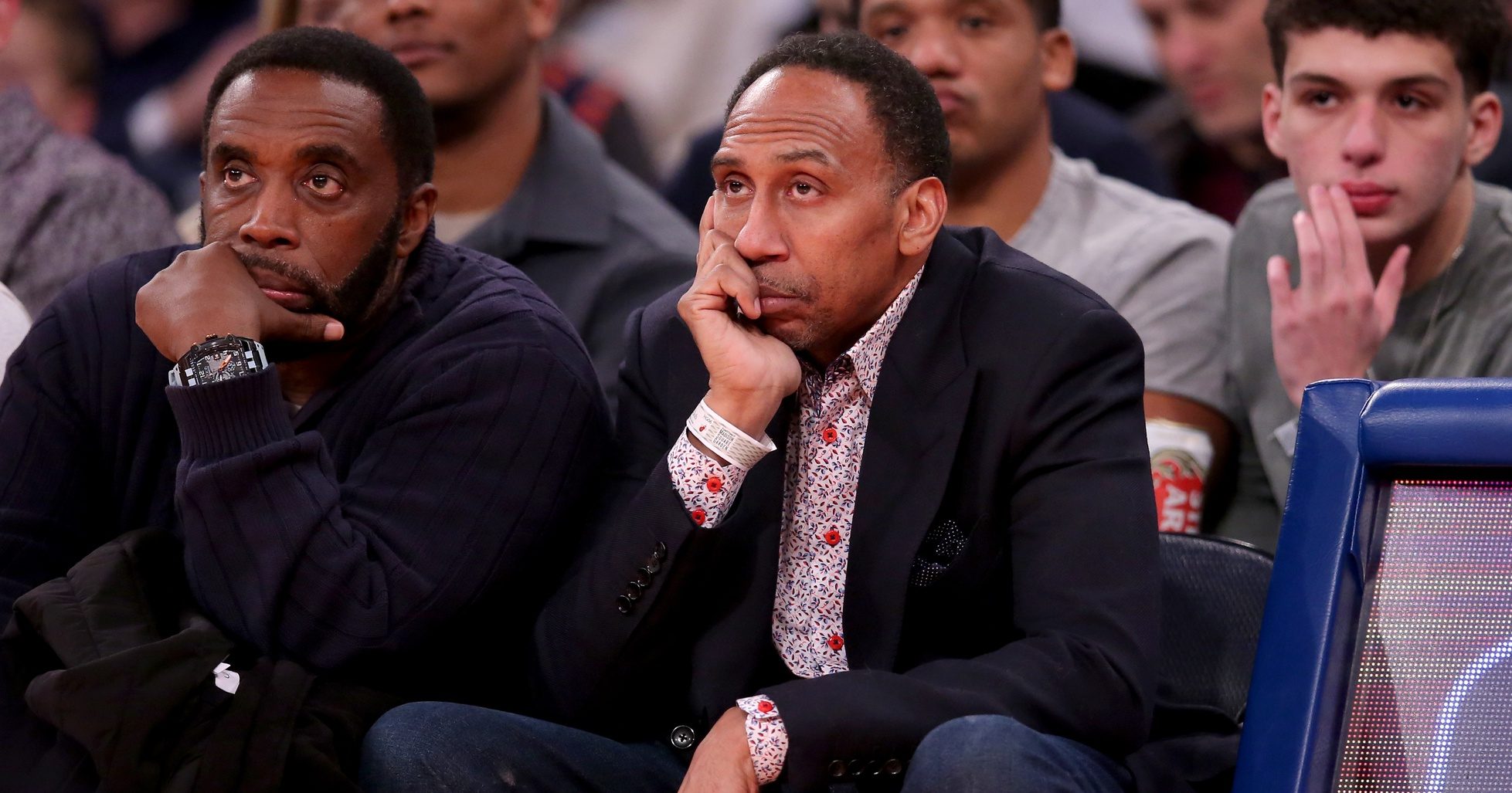When nine-year-old Special Olympics swimmer Rory Logan finished first in a 50-meter competition with a personal best time of 53.15 seconds, he was obviously expecting to be awarded a gold medal. Apparently, he was too fast to qualify for the gold medal prize. Instead, he was given a participation ribbon.
Yes, you read that correctly. A kid was too fast to qualify for a gold medal at the Special Olympics. I’m going to write that one more time, because I am still struggling to understand how this is possible, BUT A NINE-YEAR OLD WAS TOO FAST TO RECEIVE A GOLD MEDAL!
According to a report from Belfast Live, the Irish lad with autism competed in the 50-meter swimming event at the Special Olympics Regional finals. The youngest competitor in the competition, Logan was stunned when he was not awarded a gold medal.
It turns out that in order to receive the gold medal, one must not be more than 15 percent faster than the time you swim in a qualifying heat. This is a precaution to prevent some swimmers from intentionally swimming slower in order to qualify for a lower division’s final stage. Logan swam 15.8 percent faster in the final round than his previous heat.
“Rory came to me and said, ‘Mum I didn’t do anything wrong, I won fair and square, what did I do?” Logan’s mother, Briony Logan explained. “I was absolutely gutted for him. I went to speak to the officials and basically they said he had been disqualified because he swam too fast. No one can get over this decision.”
The gold medal went to a swimmer who finished 13 seconds after Logan. Logan did remain in the competition for two other events, and he did walk away with two gold medals in those events.
UPDATE: The following statement was provided to The Comeback from a representative from Special Olympics:
“The 2016 Special Olympics Ulster Regional Advancement Aquatics event was subject to the Official Special Olympics International Sports Rules for Aquatics (Swimming). These include a rule introduced by Special Olympics International in 1995 which states, ‘An athlete who exceeds a time of 15% better than the time recorded for divisioning or a reported time shall be disqualified. It is the responsibility of the coach to submit an improved performance time, if the time recorded in the divisioning competition is not a true reflection of the athlete’s ability. An athlete who is disqualified for a violation of the Maximum Effort rule shall be presented with a participation ribbon.’ There is an official Protest and Appeals procedure at all Special Olympics competitions and only the Head Coach can make a Protest and/or an Appeal.These rules are in place to ensure fairness for all athletes.”





